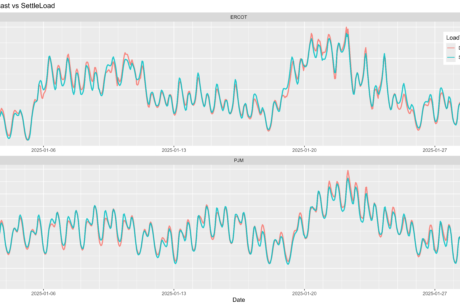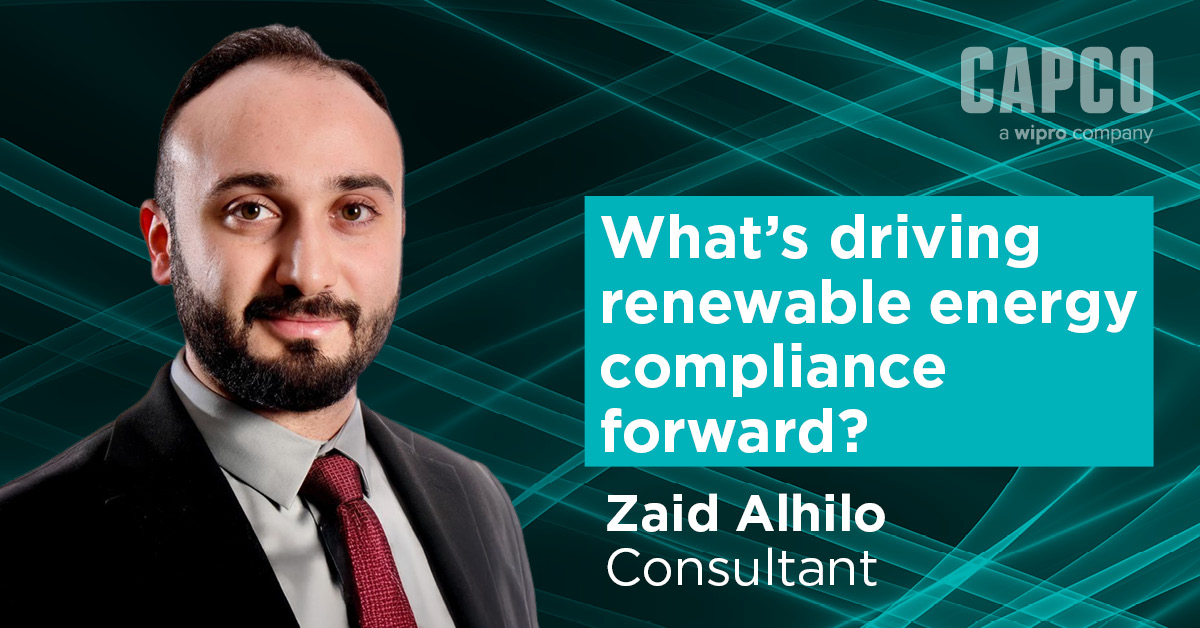By: Alexandrea Isaac
While most of the world is anxious to get back to “normal” in 2021, the clean energy sector is no different. However, one question that many of us in the industry are not asked is what is our definition of “normal”?
For me, when it comes to clean energy policy, “normal” is synonymous with status-quo and frankly that is no longer what is in the best interest of the fresh energy industry or consumers. Perhaps you have heard the phrase that “evolution is the key to survival”. While that may be true for most industries, it does not resonate well across the entire energy sector.
From a retail supplier point of view, we have seen year-after-year regulatory and statutory changes implemented to improve our industry and make it more transparent and understandable for consumers. While some of these changes have been the impetus to the development of new technologies, such as data collection from smart-meters or demand-side generation calling for the need of net-metering, not all changes have been positive. Some regulatory and statutory changes have peeled away at the core principle of consumer choice – from product-type restrictions to states mandating what renewable generation products can be sold to its residents. Subject-matter experts have written extensive papers on each of these topics — some of which are currently being litigated in our courts.
It is not my intent to argue for, or against, any of those statutory or regulatory changes here. I simply bring them to your attention to provide you with a basis of comparison to the negligible statutory or regulatory changes that have occurred for electric utility distribution companies. Since electricity became a commodity that could reach end-users in their homes or businesses, utilities have largely enjoyed being a monopoly. Lack of competition has translated into being able to shape the rules and have a strong influence over the governing bodies that were put in place to oversee them.
Relatively speaking, energy competition has been enjoyed by consumers in 14 restructured states for nearly 20 years. While retail suppliers have varied in corporate structure and size, few, if any, have the institutional political capital or deep pockets to fund the efforts necessary to provide an even playing field with the incumbent utilities. Utilities have had a stronghold on the energy industry for decades. And they have shown in recent years they will spend millions of dollars to keep it this way. In 2016, Nevada voters were given the option to break up NV Energy’s monopoly and liberalize the electricity market to more competition. NV Energy spent an unprecedented amount of money, totaling $63 million on a campaign to defeat the proposal. In short, they out-spent their competition using a fear-driven campaign and tactics. Sadly, they were successful.
However, the results from the Nevada election does not match what RESA’s scientific, national poll found, that overwhelmingly customers want to have the right to choose. Having the right to decide if we want to stay with the incumbent utility or select a supplier that may offer different products should be a choice enjoyed by all Americans, not a limited opportunity. Similar to other markets – such as picking a mobile phone provider – why would Energy be any different? It shouldn’t be – but unfortunately, it is.
As we begin 2021, I call on our policymakers, clean energy industry leaders and consumers to have their voices be heard on how they think the energy industry should evolve and provide choice. I am encouraged by the efforts taken recently by Jonathan Scott from the Property Brothers, who recently released his documentary “Power Trip” that sheds light on the very topic raised here. I also commend the recent actions taken by Connecticut’s Public Utility Regulatory Authority to move Connecticut’s utilities onto a performance scale model, where they will be compensated based on their ability to serve their customers. These are just two small steps in the right direction, but many more are needed. The evolution of the energy market demands an even playing field between competitive suppliers and incumbent utilities. Rejecting the “normal” or status-quo is what will create a truly competitive and well-functioning market that will deliver the best options for consumers.
_________________________________________________________________________________
Alexandrea Isaac is the General Counsel of Starion Energy, Inc., and Board Member of RESA











